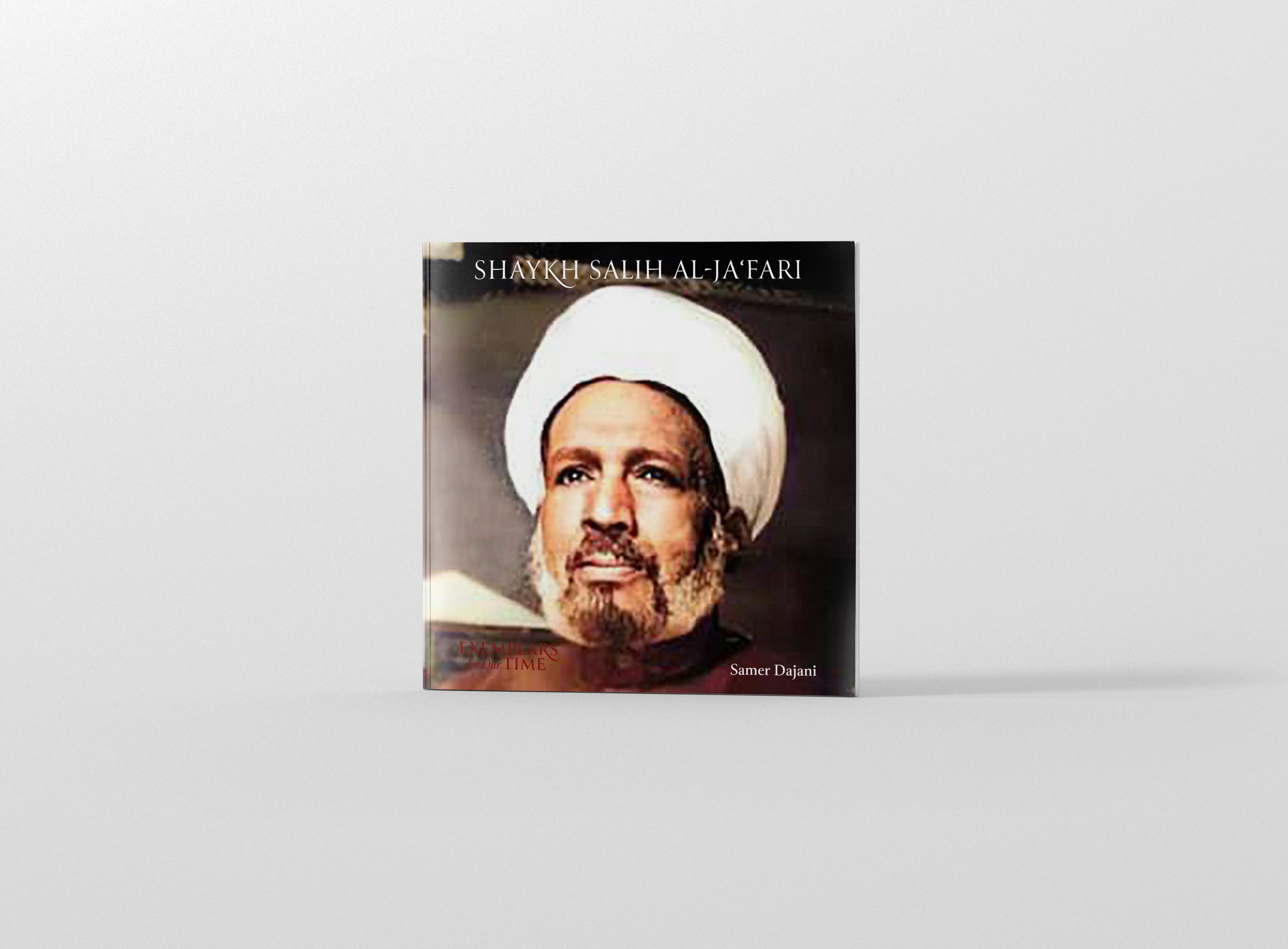
Volume Seven
Shaykh Salih al-Ja‘fari
Pre-orders of the 9-Volume Boxset ship at the end of June
For orders from UK please contact photos@petersanders.com
Shaykh Salih al-Ja‘fari (1910-1979) was the Imam of Al-Azhar Mosque in Cairo, Egypt and lived in a small chamber within the mosque for over thirty years, never venturing out except to make the pilgrimage to Makkah or to visit the tombs of saints in Egypt. A descendant of the Prophet Muhammad, born into the spiritual tradition of the great 18th century Moroccan saint Sidi Ahmad ibn Idris, Shaykh Salih was a preternaturally gifted teacher who became a legend in his own lifetime for his galvanic discourses held every Friday in the courtyard of Al-Azhar Mosque, attracting huge crowds of people from all walks of life. He devoted his entire life to teaching in Al-Azhar and was the mentor of many of the most influential Muslim scholars of our time, including the current Shaykh Al-Azhar Ahmad al-Tayyab, the late Sayyid Muhammad ‘Alawi al-Maliki, and the former Grand Mufti of Egypt, Shaykh ‘Ali Gomaa. The biography has been written by Dr. Samer Dajani, who was a student of the shaykh’s son Shaykh ‘Abd al-Ghani ibn Salih al-Ja‘fari.
Shaykh Salih was recognized by his contemporaries as having reached the highest levels of mastery in jurisprudence. Those attending his Friday Lessons felt that his discourses were inspired. Shaykh Ahmad Taha al-Rayyan said:
He would speak from the knowledge which God caused to overflow onto his heart… No one dared interrupt him because in that state he was like a flowing river…. and people had no reason to ask because everyone was in reception mode…. The time would pass without us feeling it, and the time between the Friday Noon Prayer and the Afternoon Prayer would end as if it were just minutes.
Al-Bayyumi said:
God poured out through his tongue dazzling meanings and precious words of wisdom, as if a spiritual supply was rising from the clashing waves in his heart and flowing forth from his tongue…. We have read what other people have read—the scholarly commentaries on the Qur’an and Hadith—but we have never seen such flowing and pulsating explanations from anyone preceding him.
The sense that Shaykh Salih’s discourse poured out from inspiration, in the same way his poems often came spontaneously, in bursts, was only amplified by the way he seemed to answer everyone’s questions as they arose in their hearts. And yet, despite all this, Shaykh Salih did not allow his students to record his classes. A number of his students have related what seemed to each and every one of them a miracle: that they would bring a recording machine—not widely available at the time—to class, but after class they would find nothing but static in the recording. They would go to Shaykh Salih and his answer to each of them would be the same: “It is because you did not have the teacher’s permission. Recordings preserve a teacher’s mistakes.” Such was Shaykh Salih’s humility despite being so learned and inspired a scholar. It also shows his recognition that even great scholars and inspired saints had fallible memories and could still make mistakes. It was only when he approached the last two years of his life that he gave permission to his students to record his lessons.





